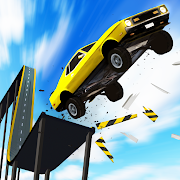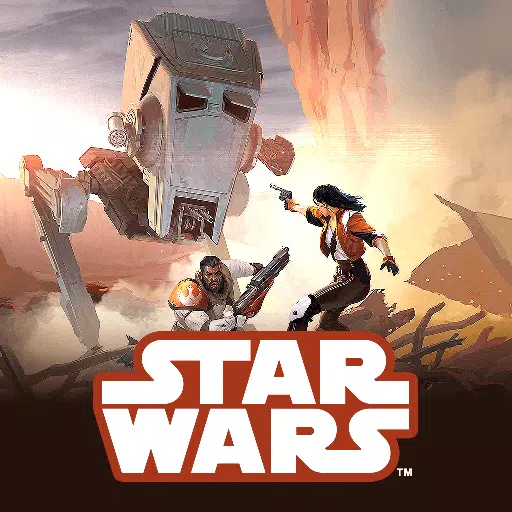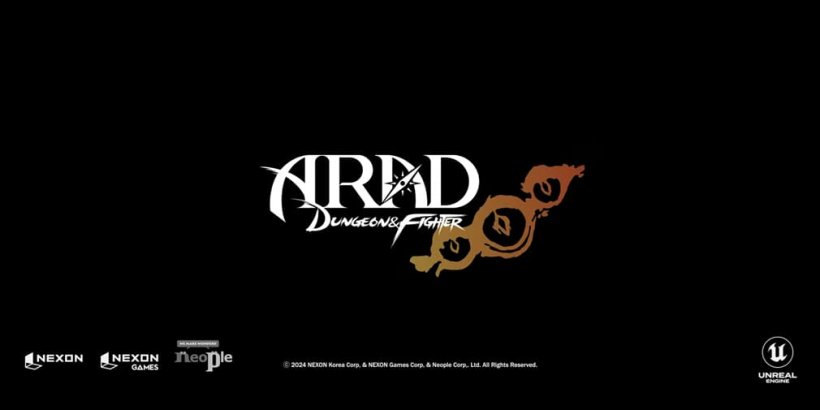God of War's Evolution Drives Its Enduring Success
The God of War franchise has remained a cornerstone of PlayStation gaming across four console generations. When Kratos embarked on his wrath-fueled quest to ascend as a god in 2005, few could have predicted the journey this fierce warrior would take over the next two decades. While other long-standing series have struggled to maintain relevance, God of War has thrived by embracing bold transformations. The pivotal 2018 reboot, which shifted Kratos from Ancient Greece to the realm of Norse mythology, redefined the series’ visuals and gameplay. Yet, even before this widely praised overhaul, Sony Santa Monica made subtle but impactful tweaks to keep the franchise vibrant.
Looking ahead, reinvention will remain vital to God of War’s longevity. When the series adopted its Norse backdrop, director Cory Barlog expressed ambitions to explore settings like ancient Egypt or Mayan civilizations. Recent speculation about an Egyptian setting reflects fans’ excitement for Kratos to navigate the vivid mythology and culture of the Nile. While such rumors may be speculative, they underscore the appetite for fresh worlds. However, a new setting alone isn’t enough—God of War’s next chapter must reimagine its core elements, just as the Norse games refined the strengths of the Greek trilogy for a new era.
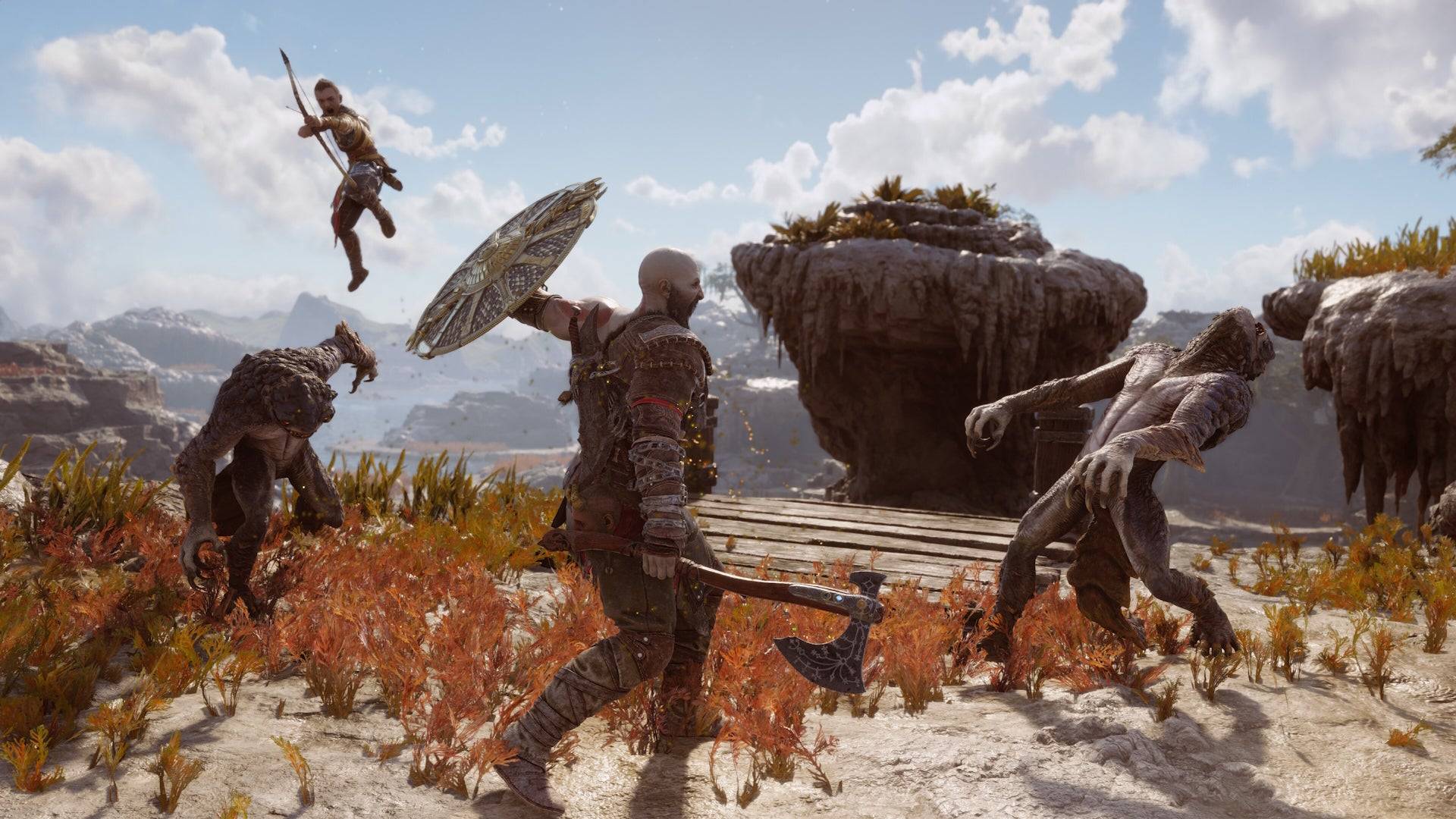
Change has always been part of the series’ DNA. The original Greek trilogy, spanning a decade, honed its hack-and-slash mechanics, culminating in the polished brilliance of God of War 3. By the trilogy’s end, Kratos wielded an enhanced magic system that complemented fluid melee combos and faced increasingly diverse enemies. Built for the PlayStation 3, the final chapter leveraged the console’s power to introduce dynamic camera angles and stunning visuals, a leap forward from the PS2 origins of the first two games.
The 2018 reboot shed much of the Greek trilogy’s framework. Platforming and puzzle elements, once central to Kratos’ adventures, were sidelined in the Norse games, largely due to the shift to a third-person, over-the-shoulder camera that didn’t suit such mechanics. Puzzles persisted but were reimagined to align with the series’ new adventure-driven focus.
The Valhalla DLC for God of War Ragnarök brought Kratos’ story full circle by revisiting the Greek era’s mechanics and narrative. Battle arenas, a hallmark of God of War 2 and beyond, returned in Valhalla, adapted for the Norse setting. This DLC also saw Týr guide Kratos through a reflective journey, confronting his past, blending nostalgia with innovation.
The Norse games introduced bold new features, from the Leviathan Axe’s unique throwing mechanics to a parry system enabled by diverse shields. In Ragnarök, a magical spear added a swift, explosive combat style. These tools, paired with the distinct enemies and visuals of the Nine Realms, enriched exploration and battles.
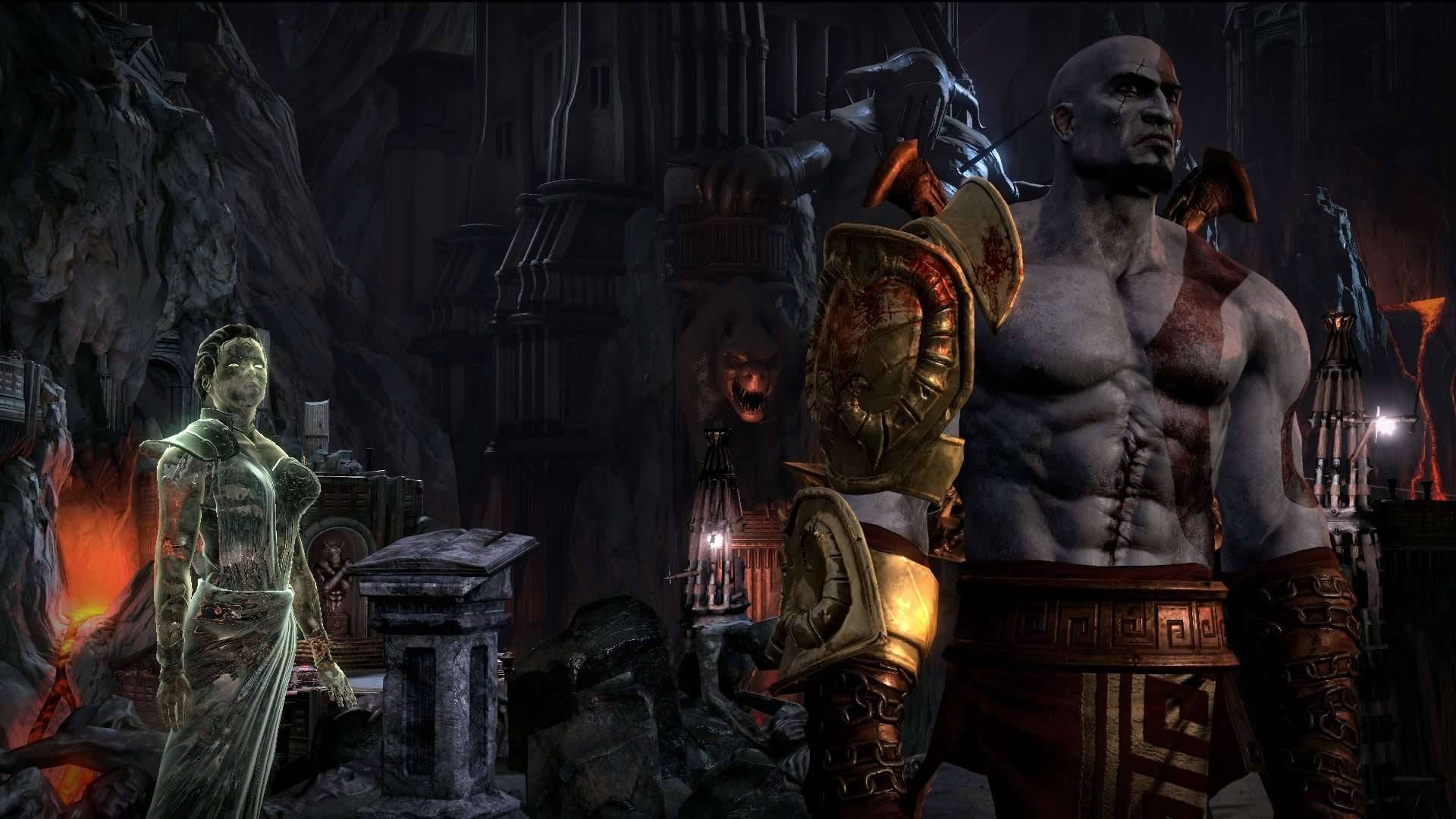
Beyond mechanics, the Norse games’ storytelling marks their greatest leap. Kratos’ grief over his late wife and his strained bond with his son, Atreus, drive the emotional core of the duology. Their evolving relationship and personal discoveries contrast sharply with the Greek trilogy’s raw intensity, earning widespread acclaim and commercial success.
The Norse games aren’t traditional sequels but extensions of Kratos’ saga, a philosophy that should guide future entries. Unlike Assassin’s Creed, which has struggled to maintain narrative cohesion across its frequent reinventions, God of War has balanced bold changes with its core identity. Assassin’s Creed Origins’ 2017 shift to an open-world RPG diluted its assassin roots, leading to fan discontent. Recent efforts like Assassin’s Creed Mirage and Shadows aim to reconnect with the series’ stealth origins, but God of War’s ability to evolve without losing its essence sets it apart.
God of War’s success lies in its ability to evolve while honoring its roots. The Norse series retained Kratos’ fierce combat spirit, building new mechanics like expanded Spartan Rage, diverse weapons, and playable characters without abandoning its foundation. This balance has deepened the series’ lore and identity, a model any future installment—whether set in Egypt or beyond—must follow.
Whatever lies ahead, God of War’s next chapter must uphold its storytelling excellence, the heart of the Norse duology’s triumph. Kratos’ evolution from a rage-driven warrior to a nuanced father figure highlights the power of its narrative. Future games must build on this strength while introducing daring innovations to cement the series’ legacy as a pinnacle of gaming.
-
Nintendo Switch 2 preorders officially begin at midnight EST on April 24 (9 pm PST, April 23) across major US retailers including Walmart, with games and accessories available today. Here's your complete guide to securing your preorder.Nintendo SwitcAuthor : Camila Sep 22,2025
-
4 Images Marvel Unleashes Iconic Kaiju in New Crossover SeriesMarvel Comics explores a thrilling scenario: What if the legendary Godzilla invaded the Marvel Universe? This premise drives a slate of special crossover one-shots, with IGN exclusiveAuthor : Bella Sep 22,2025
- Stardew Valley: How To Befriend Willy
- DISCOVERY CHANNEL TO UNVEIL CROSSOVER IN 'Reverse: 1999' 2.0
- Crunchyroll Game Vault adds Battle Chasers: Nightwar, Dawn of the Monsters, Evan’s Remains and more
- Hotta Studio's Open-World RPG, Neverness to Everness, Announced
- Military Strategy Game Warpath Launches a Navy Update with 100 New Ships
- Golden Joystick Awards 2024 Was a Big Showing for Indie Games












